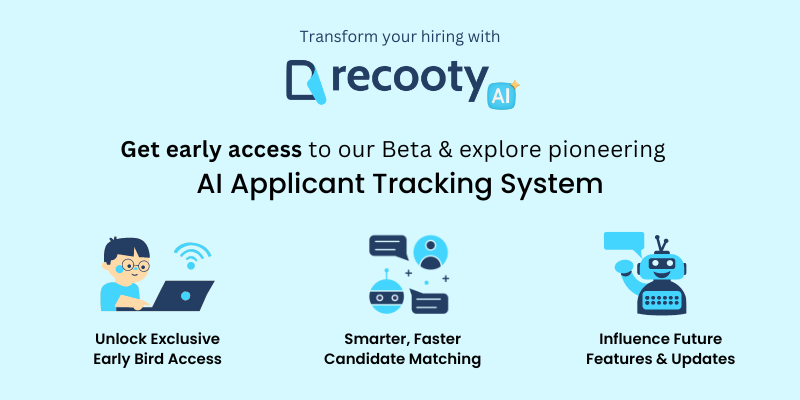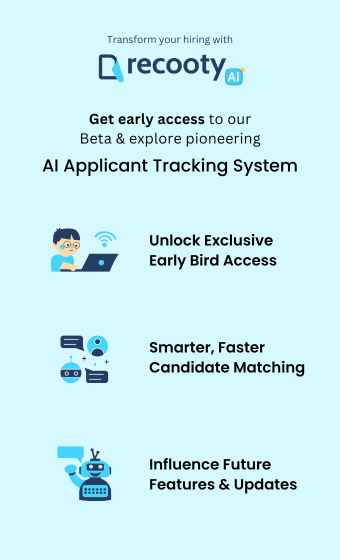
Hiring the perfect employee isn’t as easy as it is perceived to be. After scrutinizing through hundreds of applications and finally selecting the perfect candidate, you offer a position. Just then, the most unexpected happens, the candidate rejects your offer. This is probably the most frustrating situation for any recruiter. So, here are the 5 most common reasons why an offer gets turned down by a candidate.
The recruitment world’s control has shifted drastically from recruiters to candidates. Most companies often assume that they have an upper hand on who to hire. However, the truth is that, according to a survey, half of the job seekers rejected a job offer right after the interview. The race for talent in this changing labor market is becoming more intense by the day.
However, by understanding the reasons why an offer gets turned down, you can update your hiring process accordingly to make sure that doesn’t happen. So, let’s take a look at the 5 top reasons why an offer gets turned down.
They Accepted Another Offer
The most common reason why your offers get rejected is that they chose another competing offer. Most of the top talents prefer to have more than one option in their hands when it comes to jobs. Most often they do not pursue offers one-by-one. Hence, they have multiple offers in their hands at one time.
So, it is important to learn from the candidates from the very beginning of the recruiting process. Keep your communication strong and keep yourself updated about any changes that the candidate decides on. Whenever possible, contact the candidates and as them for their feedback. This will help when you’ll need to hire again.
The Compensation And Benefits Are Not Good Enough
The salary compensation and benefits are probably the most important factor that decides if a candidate will accept your offer or not. Maybe your candidate gets offered better, or they feel like they’re being low-balled. Either way, your candidates will reject you. That’s why you need to remember the fact that hiring top talents cost money.
Do your research on what your candidate is making currently. By doing this you will have an idea of what your candidates will expect even before extending an offer. Also, to make sure your candidates are not stolen by your competitors, make sure your compensation package is the best in the industry.
Culture Is Not A Good Fit
When you’re hiring people from around the world for different roles, apart from a good package and benefits, you also need to offer them a good company and work culture. You need to make your candidates that they’re not just applying for a job, but for a lifestyle.
Millennials and Gen Z are very concerned and picky than other generations when it comes to working culture. You need to give your potential employees a solid insight on how working for you will positively impact their whole lives.
Your Company Doesn’t Have A Good Reputation
You need to remember that your potential employees are evaluating you just as closely as you are evaluating them. They research your company on various platforms way before they even apply for a job. Bad reviews on review sites, negative answers on platforms like Quora, can deter great candidates from accepting job offers.
That’s why you need to manage your employer brand effectively. View negative reviews as gifts and work on improving your flaws. Look out for common factors among your unhappy employees and try to fix your leadership and HR accordingly.
Your Recruiting Process Is Flawed
This may sound a little blunt, but it’s the truth. Let’s face it, if a candidate rejects your job offer, again and again, the first thing you need to do is improve your hiring process. A great recruiting process projects a great candidate experience and boosts your employer brand.
You need to make sure your strategies are straight throughout the recruiting process. Take extra care in providing a top-notch interview experience for your candidates. Pay extra attention to their questions and leave no stone unturned. Last but not the least, make sure your communication with the candidate throughout the recruiting process is transparent and strong.







